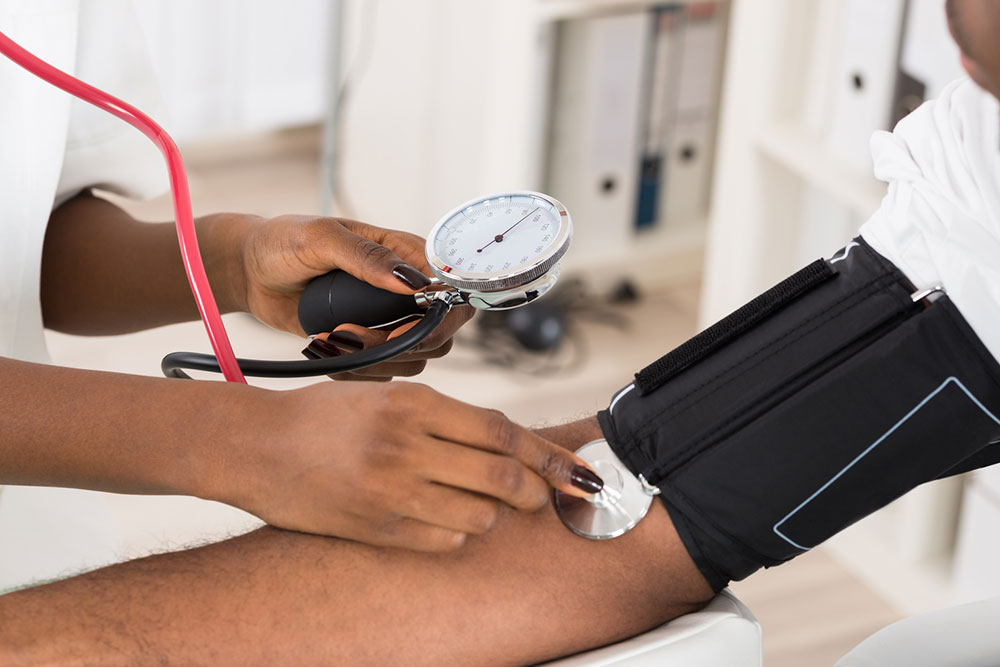Comprehensive Guide to Drug Addiction Recovery: Steps, Strategies, and Support
This comprehensive guide explores the detailed process of drug addiction recovery, including admission procedures, treatment methods, lifestyle modifications, and ongoing support strategies. It emphasizes the importance of personalized care and continuous monitoring to ensure long-term sobriety. Perfect for families and individuals seeking a deeper understanding of rehabilitation, this article provides practical insights into navigating addiction recovery successfully.

Comprehensive Guide to Drug Addiction Recovery: Steps, Strategies, and Support
Drug addiction remains a critical health challenge affecting millions globally, crossing all demographics, age groups, and socioeconomic backgrounds. Families often find themselves overwhelmed, asking critical questions such as: How does recovery from drug dependency work? Is professional rehabilitation an effective solution? While the concept of drug rehabilitation might seem daunting or even intimidating, countless individuals have successfully navigated this journey, reclaiming their lives and restoring stability to their families. Understanding the complexities of the recovery process can empower families and individuals to make informed choices and approach treatment with confidence.
So, what exactly does the process of drug recovery involve? In this article, we will delve deeply into the various stages of addiction recovery, discuss different treatment approaches, and highlight the importance of ongoing support and lifestyle changes that underpin long-term success. Our aim is to provide comprehensive insights that can help individuals and their families better understand what to expect and how to effectively manage the journey towards sobriety.
Admission Process: Gaining entry into a reputable rehab facility is not merely a matter of walking through the door. Most centers conduct thorough assessments to determine whether they can meet the individual's specific needs. Factors such as the severity of addiction, physical health, mental health conditions, and social circumstances are considered. Sometimes, financial limitations or insurance coverage influence the choice of facility, but it's essential to find a program that offers tailored care and support throughout the recovery journey.
Selecting the Right Facility: Choosing an appropriate rehab center is critical for success. The facility should be accessible to ensure ongoing follow-up care, provide a safe and supportive environment, and employ qualified healthcare professionals. Consider factors such as program specialization, treatment approaches, success rates, and available aftercare services when making your decision.
Treatment Strategies: Treatment methods vary from center to center. Some focus on holistic approaches, emphasizing mental health therapy, physical wellness, nutrition, and emotional stability. Others incorporate medication-assisted treatment (MAT) to detoxify the body safely and manage withdrawal symptoms. A personalized treatment plan often combines multiple strategies tailored to individual needs, improving the chances of sustained recovery.
Behavioral modification is paramount in addiction recovery. This involves learning new coping mechanisms, addressing the psychological roots of dependence, and developing healthier habits to replace old destructive patterns. Commitment from the individual is essential; a genuine decision to stay drug-free significantly impacts the success of recovery efforts. Understanding how programs operate at your chosen facility can help families and patients feel more prepared and involved in the process.
Additionally, lifestyle adjustments play a vital role in recovery. Proper nutrition, regular exercise, adequate sleep, and stress management techniques support physical health and mental resilience. Integrating these components into daily routines helps reinforce positive habits, reduce cravings, and enhance overall well-being.
Continuous monitoring and follow-up care are crucial for maintaining sobriety. Regular evaluations allow healthcare providers to track progress, address potential relapse triggers, and make necessary modifications to the treatment plan. Support groups and counseling sessions further sustain long-term recovery efforts by providing ongoing emotional support and accountability.
Understanding the comprehensive nature of drug addiction recovery enables families to better assist their loved ones. It also highlights the importance of a multidisciplinary approach—combining medical treatment, psychological support, lifestyle changes, and community involvement—so that overcoming addiction becomes a realistic and achievable goal for all involved.





